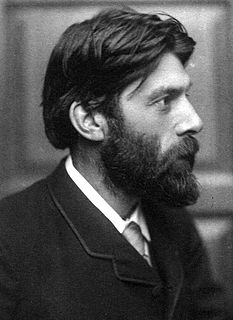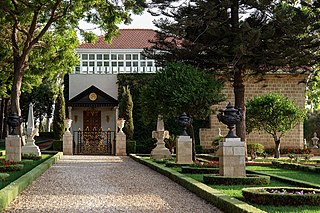A Quote by Francis Bacon
Above all, believe it, the sweetest canticle is Nunc dimittis, when a man hath obtained worthy ends and expectations. Death hath this also, that it openeth the gate to good fame, and extinguisheth envy.
Related Quotes
Let us look upon a crucified Christ, the remedy of all our miseries. His cross hath procured a crown, his passion hath expiated our transgression. His death hath disarmed the law, his blood hath washed a believer's soul. This death is the destruction of our enemies, the spring of our happiness, and the eternal testimony of divine love.
Science comforting man's animal poverty and leisuring his toil, hath humanized manners and social temper, and now above her globe-spredd net of speeded intercourse hath outrun all magic, and disclosing the secrecy of the reticent air hath woven a web of invisible strands spiriting the dumb inane with the quick matter of life.
Blessed the man that hath visited `Akká, and blessed he that hath visited the visitor of `Akká. Blessed the one that hath drunk from the Spring of the Cow and washed in its waters, for the black-eyed damsels quaff the camphor in Paradise, which hath come from the Spring of the Cow, and from the Spring of Salvan (Siloam), and the Well of Zamzam. Well is it with him that hath drunk from these springs, and washed in their waters, for God hath forbidden the fire of hell to touch him and his body on the Day of Resurrection.
O eloquent, just, and mighty Death! whom none could advise, thou hast persuaded; what none hath dared, thou hast done; and whom all the world hath flattered, thou only hath cast out of the world and despised. Thou hast drawn together all the far-stretched greatness, all the pride, cruelty, and ambition of man, and covered it all over with these two narrow words, Hic jacet!









































